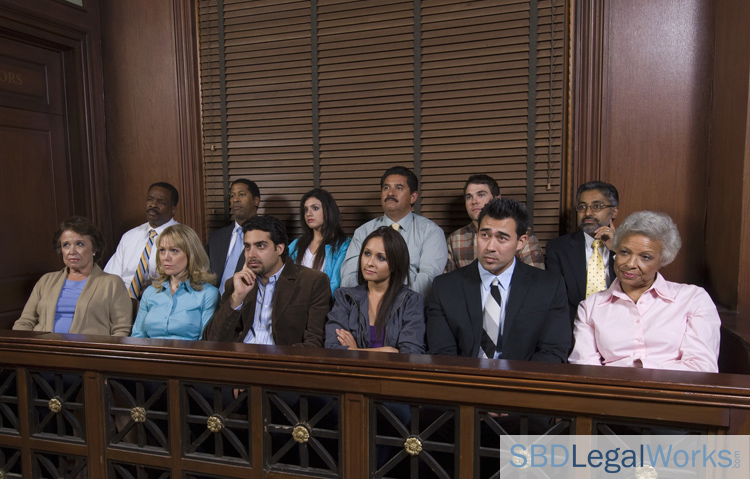
Evangelisto Ramos was the prime suspect in the murder of Trinece Fedison, a New Orleans woman whose body was found in a trash can in a wooded area of her hometown. He was brought to trial. The defense team for Ramos successfully persuaded 2 jurors to acquit. In most state trials, and in all federal trials, that’s twice as many as you need.
But Louisiana is not one of those states. Ten of 12 votes is sufficient for conviction. Or at least it was. The United States Supreme Court used the Evangelisto Ramos case as a vehicle to overturn state laws that require less than a unanimous jury vote for conviction.
Louisiana, along with Oregon, were the last states that did not require a 12-0 vote for conviction in a state criminal case. In both cases, the rules had racist roots that went back into the 19th century. The objective was to allow a majority Anglo-Saxon jury to obtain convictions without getting agreement from any African-American colleagues.
These rules received a convoluted validation in 1972. The Supreme Court ruled that the 6th Amendment did require a unanimous jury verdict in cases brought by the federal government, but not necessarily by state governments. In other words, that access to a constitutional right the Court deemed fundamental would depend on where you lived. In 1973, Louisiana voters approved a referendum to up the requirement from 9 votes to 10.
Justice Neil Gorsuch wrote for the majority, and Justice Brett Kavanagh wrote a concurring opinion that essentially said stare decisis, the principle where the Court abides its own precedents, could not apply to such a flawed ruling.
They were joined by Justices Sonja Sotomayer, Stephen Breyer, Clarence Thomas and Ruth Bader Ginsburg in creating the Court’s 6-3 majority to throw out Louisiana’s—and by extension, Oregon’s—denial of the right to a unanimous jury verdict.
The ruling in Ramos v. Louisiana invites a number of follow-up questions. The most immediate one is what happens to other convictions obtained without unanimity from the jury? Will anyone convicted with 10 or 11 votes get a retrial or acquittal?
The Court has agreed to rule soon on the matter of retroactively applying the legal principles. Veteran Court watchers seem to be betting that inmates ought not to get their hopes up.
The longer-term questions pertain to the power of stare decisis to influence the Court on other decisions. Kavanagh, as the newest member, has been watched closely for clues as to how he might rule on the more high-profile issues that the Court is likely to face. Whether or not the Ramos case provides any indication of that is subject to a lot of water-cooler talk inside the D.C. Beltway.